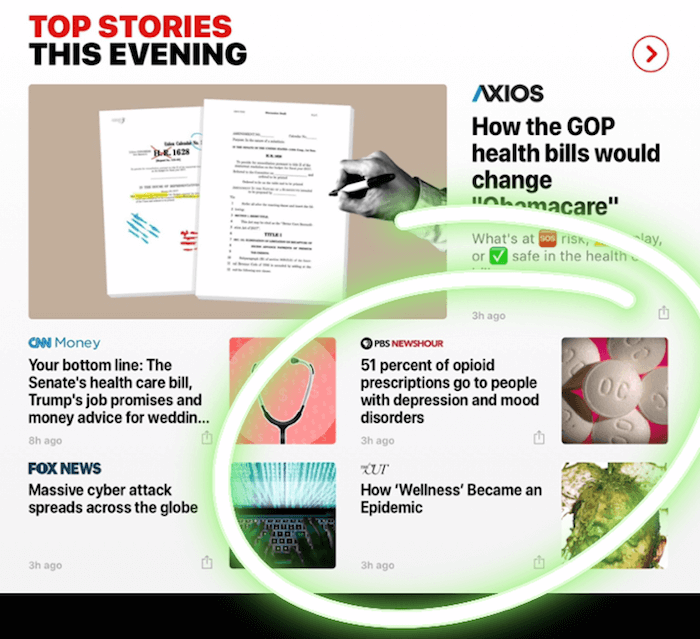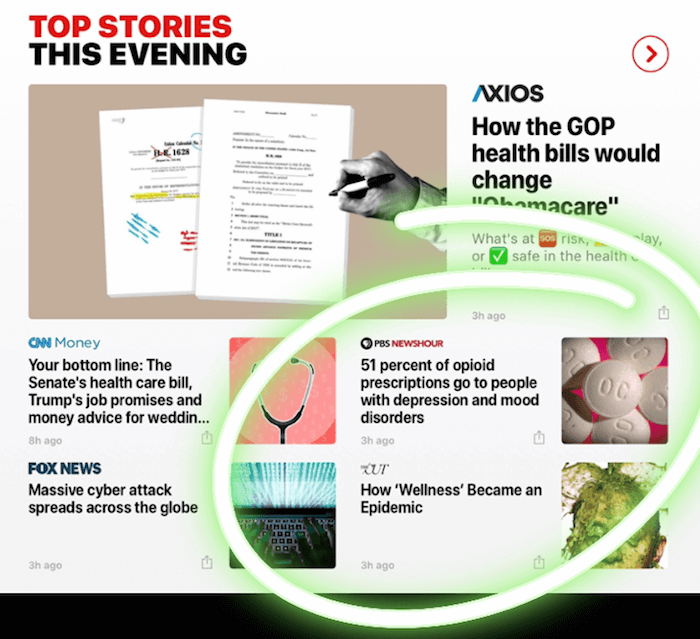After discovering that there was nothing “wrong” with her body except conventional health messaging, Jillian Murphy shares her manifesto for a more inclusive wellness industry …

I had put on 40lbs in my second pregnancy and they seemed to have nestled in for good. I was eating well and moving my body religiously but I just couldn’t lose the weight.
Every well-intentioned health care professional I worked and interacted with as a naturopath was happy to offer up advice about what must be wrong with my adrenals, thyroid, hormonal health, sleep patterns, food combining, mindfulness, sugar intake, etc. etc. etc. and I had worked on it ALL. But to no avail, and I was exhausted from the effort.
Frustrated, I hired a body image and emotional eating coach and, after explaining my long and convoluted health and weight story to this new mentor, she told me something I was wholly unprepared to hear:
“There is nothing wrong with you except for your belief that your body is wrong. You are exceptionally healthy: you don’t have a food problem and your body is exactly, happily, where it needs to be.”
It was one of the strangest, most revolutionary things I’d ever heard. It simultaneously crushed and liberated my soul. Crushed, because, OMG! All the lost time I’d spent trying to “fix” my body. Liberated, because I’d finally been given permission to shed the physical expectations of our culture and just live my life.
The mere suggestion that my body weight and shape may not dictate my health nearly blew up my brain. It set into motion a 7-year journey of critical thinking, self-discovery, and research that would ultimately serve to heal my relationship with food and my body and revolutionize my understanding of health.
What I realized was:
Conventional health messaging flattens beautiful, complex, and biodiverse individuals into 2D facsimiles. Squishes us into mathematical equations, diets, and wellness checklists that promise abundant health and complete control over our bodies.
This messaging makes us believe that if our bodies don’t fit, we are at fault – too lazy, not enough willpower, intelligence, or effort. And in our attempts to conform, we offer up our emotional and spiritual wellbeing, our peace of mind, and sometimes our sanity.
Now, we in the wellness industries are being called to dismantle and challenge outdated, oppressive, and limiting beliefs about food, movement, weight, and health. To present a model for inclusive wellness that is respectful of ALL bodies; critical of information that leaves us feeling confused and in lack; and that offers alternatives to restrictive and prescriptive health ideologies that ignore the lived experience and values of the individual.
This is my manifesto for a more inclusive wellness industry ….
///
1// Pursue physical health without compromising your mental, emotional, and/or spiritual self.
When we exercise though our body is asking for rest; when we cut carbs or calories despite our body begging for sustenance; when we skip dinner out for fear of not having the “right” food options; when thinking about food and health consumes our every thought – we sacrifice our sense of peace, connection, and joy in the pursuit of physical “health.” The outcome is a feeling of depletion despite doing “everything right.”
The shift: Put physical health back in its place, as one piece of the health puzzle and not the whole picture.
///
2// Respect and appreciate the diversity of human bodies.
All bodies deserve access to quality healthcare and health resources without judgment or shame. Current body type and weight ideals are problematic and unscientific (including the Body Mass Index or BMI). They negatively impact our relationship with food and movement, and encourage the stigmatization of all but a small percentage of bodies deemed “appropriate.” Those in bigger bodies are judged harshly and mistreated in every sphere of society, from the workplace to medicine.
The shift: We must shed the belief that losing weight is the #1 path to health and wellness and work instead to pursue behaviors that have been proven to have a positive impact on health – whether we lose weight or not – while developing a much broader and inclusive definition of bodies we deem healthy, attractive, and worthy.

///
3// Define “health” and “wellness” for yourself.
These terms are social constructs that differ across communities and cultures. It’s also important to recognize that many people don’t have the privilege of prioritizing wellness, even if they want to. We can own our own investment and interest in health and wellness without projecting it onto others. Imagine how many hours a day/week could you free up if you let go of food, body control, and worry.
The shift: Consider what aspects of health and wellness actually light you up. Can you think of moments when you’ve judged the health and wellness choices of others? Begin to think about how our narrowly drawn ideas about these concepts impact the overall health of our society.
///
4// Become the leading expert on YOU.
We have been taught that we must rely on externally devised, highly moralized food plans telling us how much to eat, what to eat, and when to eat. The Now Age way is to turn to models for nourishing ourselves that put us back in touch with our innate ability to regulate food variety and quantity. These models consider the needs of our physical bodies, while also taking the mental, emotional, social, cultural, and spiritual aspects of food, movement, and health into account.
The shift: Promote eating based on our bodies’ internal cues instead of following fad diets or parroting somebody else’s food rules. (ED: read Jillian’s tips on using body positivity to unlock your intuition).
///
5// Cultivate a sense of purpose and worth beyond your physical form.
The exhaustion, digestive issues, inflammatory processes, and body concerns I see in so many of my patients are one part physical, two parts spiritual/emotional. We feel disconnected and the stress of floating through the world unsure of where we belong, what makes us worthy, and what our purpose is shows up as dysfunction in our thought processes and bodies. We then cling to the rituals, routines, and ideologies of wellness and weight that serve as the ultimate distraction.
The shift: Replace diets and health “regimens” with rituals that connect you to the moon, meditation, talk therapy, dance parties, ditching toxic relationships, eating mindfully, speaking up, saying no, walking in nature, swimming in the ocean, lighting a candle, giving back. Anything that reminds us that our worth is inherent, we are more than our bodies, and we are connected to everyone and everything.
///
6// Work to change the systems in place that deeply affect the health and wellness of our culture and community.
Socioeconomic status is the leading determinant of health. Accordingly, we must work to shift these issues on a systemic level if we truly care about our health and the health of those around us. There are systems in place that can’t be “love + light”ed away, and we all have a responsibility to pull apart our own oppressive beliefs and work toward amplifying the perspectives of those who experience this system differently.
The shift: Realize that representation matters – if we want to feel normal and acceptable in our various forms, we need to SEE those forms and diverse paths to health. Start with your social media feed by including a wide range of body shapes, sizes, races, abilities, and gender expressions, and enter into those spaces with the intention of listening. As you learn, commit to engaging those who share your social identity in conversations that question your current health and wellness beliefs. Be an active catalyst for change.



